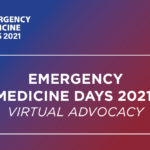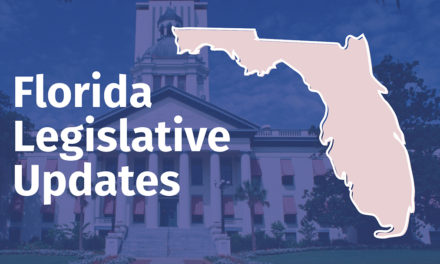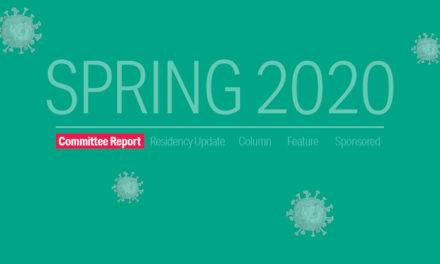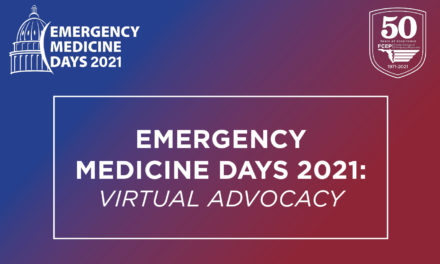On Tuesday, January 26, Executive Director Jon Dolan traveled to Tallahassee to testify on behalf of SB 54 (Motor Vehicle Insurance), which seeks to replace Florida’s personal injury protection (PIP) coverage system with bodily injury (BI) coverage. Under PIP, emergency physicians receive prompt payment after treating victims of automobile accidents. FCEP expects a BI system to guarantee the same protections.
Read the transcript below (lightly edited for readability):
“Thank you, Mr. Chairman and senators. I am Jonathan Dolan, Executive Director of the Florida College of Emergency Physicians. We represent over 2,200 of Florida’s frontline healthcare heroes, (who are) fighting this pandemic and providing 24/7/365 care through the specialty of emergency medicine, in our 50th year.
I stand before you today to share our concerns about two unintended consequences of SB 54, which can be remedied with some simple, clarifying language. This relates to the removal of Personal Injury Protection coverage in favor of Bodily Injury coverage, and has nothing to do with the bad faith debate. Specifically, we are seeking language to ensure there is no doubt in the process and first dollar coverage and payment for the emergency care we provide. We also seek the needed coordination of benefits and care, leading to a fair and timely system of quality care delivery and reimbursement for the same, without unwarranted delays and denials by health or auto insurance companies.
Though the bill includes a mandatory offering of medical payment coverages as the senator indicated, we encourage mandatory selection of this coverage for drivers who cannot prove or do not possess health insurance when purchasing auto insurance. It is our position through federal mandate to provide everyone care after an auto accident. We believe this reasonable protection is warranted to protect the interests and welfare of many Floridians, and protect the majority from the over 2.8 million uninsured, (by requiring them) to seek this safeguard.
It is current practice for health insurers to deny claims that they believe the patient’s auto insurance is responsible to pay. Coordination of benefits is vital, and language is needed to avert the likely impact of patients being stuck in the middle: bills beings mailed, healers being denied or delayed reimbursement, and parties beginning to war and worry.
We are seeking this much needed language to delineate clearly that health insurance is the primary payor, should pay without delay, and that they will collect from the auto insurer if and when fault is established. Our goal is to seek language to avoid unintended consequences of these well-intentioned reforms. Along with this request — and another policy priority for FCEP this Session — is to make it clear in payment disputes, that may arise from this very bill, that we have an appropriate provider and health insurance dispute resolution program as you designed in prior statute and (which is) run by AHCA. It needs to be utilized, and in this particular case, it may (lead to) the same problem we’ve had before and are currently seeking change to, that insurance providers can just walk away and not go into the dispute process.
We are working on these two policy priorities this year. We hope we have the opportunity to provide language to the senator and others for amendment to this bill, and in that case, we would support it. Thank you, and I’d be happy to answer any questions.”
Samantha manages fcep.org and publishes all content. Some articles may not be written by her. If you have questions about authorship or find an error, please email her directly.




